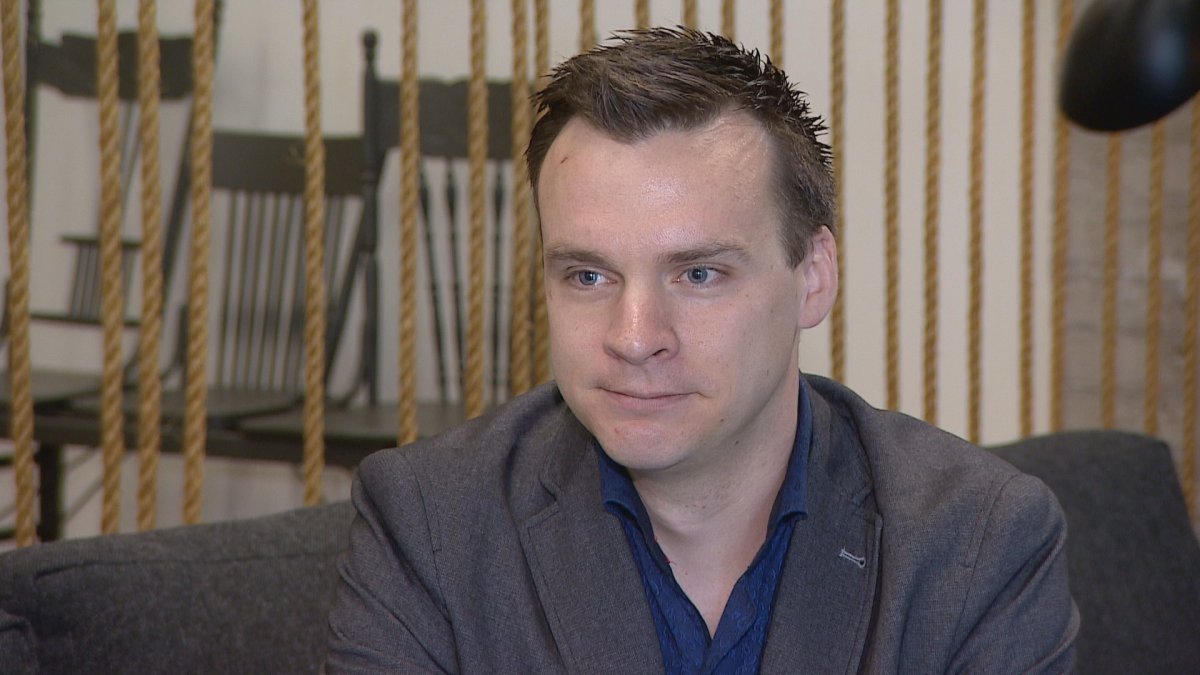An initiative from two organizations on opposite sides of the country is aiming to get a decisive decision on Canada’s first-past-the-post (FPTP) voting system.

Springtide, a charity in Nova Scotia, announced that they will be joining forces with Fair Voting BC, a non-profit in British Columbia, to file a Charter Challenge asserting that Canada’s FPTP system violates section three of the Charter of Rights and Freedoms — the right to vote.
“The Supreme Court has said in the past that your right to vote is guaranteed under section three of the charter means more than just marking a ballot and putting it in a box,” said Mark Coffin, executive director of Springtide. “It means effective representation and being meaningfully represented in parliament… it’s a concern that over half of Canadians vote and don’t see the person they voted for in parliament.”
READ MORE: Liberals defeat motion on electoral reform promise
The group’s decision comes after the Parliament of Canada voted to reject recommendations to develop a proportional voting system.
Coffin said his organization had hoped politicians would give Canadians a new system that would address the “discriminatory effects” of a FPTP system, but their decision not to is what forced his organization into a charter challenge.
“The Supreme Court has said in the past that your right to vote is guaranteed under section three of the charter means more than just marking a ballot and putting it in a box,” said Mark Coffin, executive director of Springtide. “It means effective representation and being meaningfully represented in parliament… it’s a concern that over half of Canadians vote and don’t see the person they voted for in parliament.”
READ MORE: Protests held across Canada over Justin Trudeau’s broken promise on electoral reform
The challenge likely won’t come until this Fall. Coffin said that as of right now, the two non-profits are trying to raise enough funds to hire legal counsel.
Both organizations have identified that $400,000 to $500,000 will be required to see the case through to the Supreme Court, but as of Tuesday only a third of the required funds have been pledged.
“There’s been about $140,00 worth of pledges collected already from Canadians across the country,” said Coffin. “It’s clear that Canadians who value this issue and care about this issue are willing to put their money where their mouths are.”




Comments